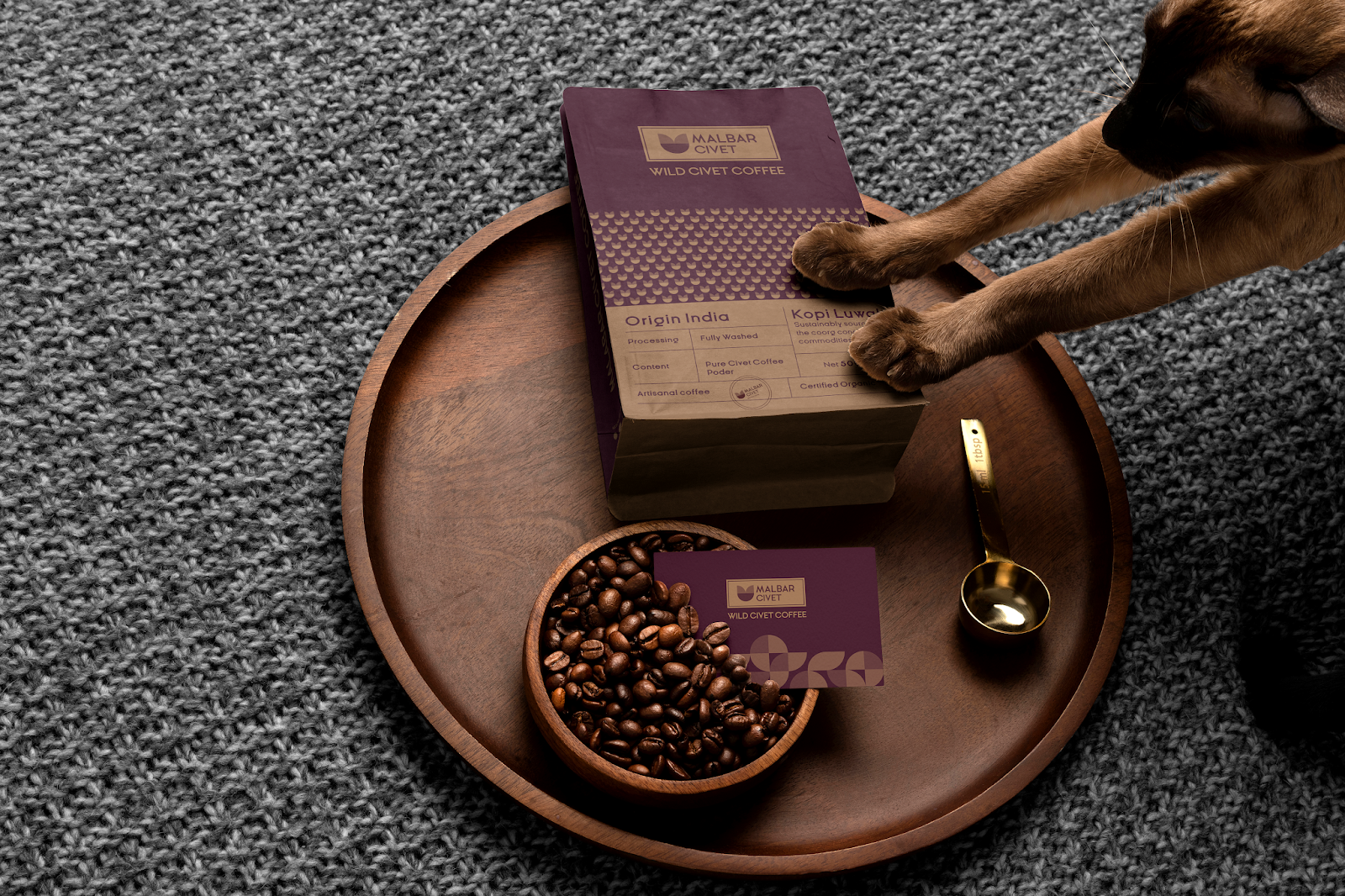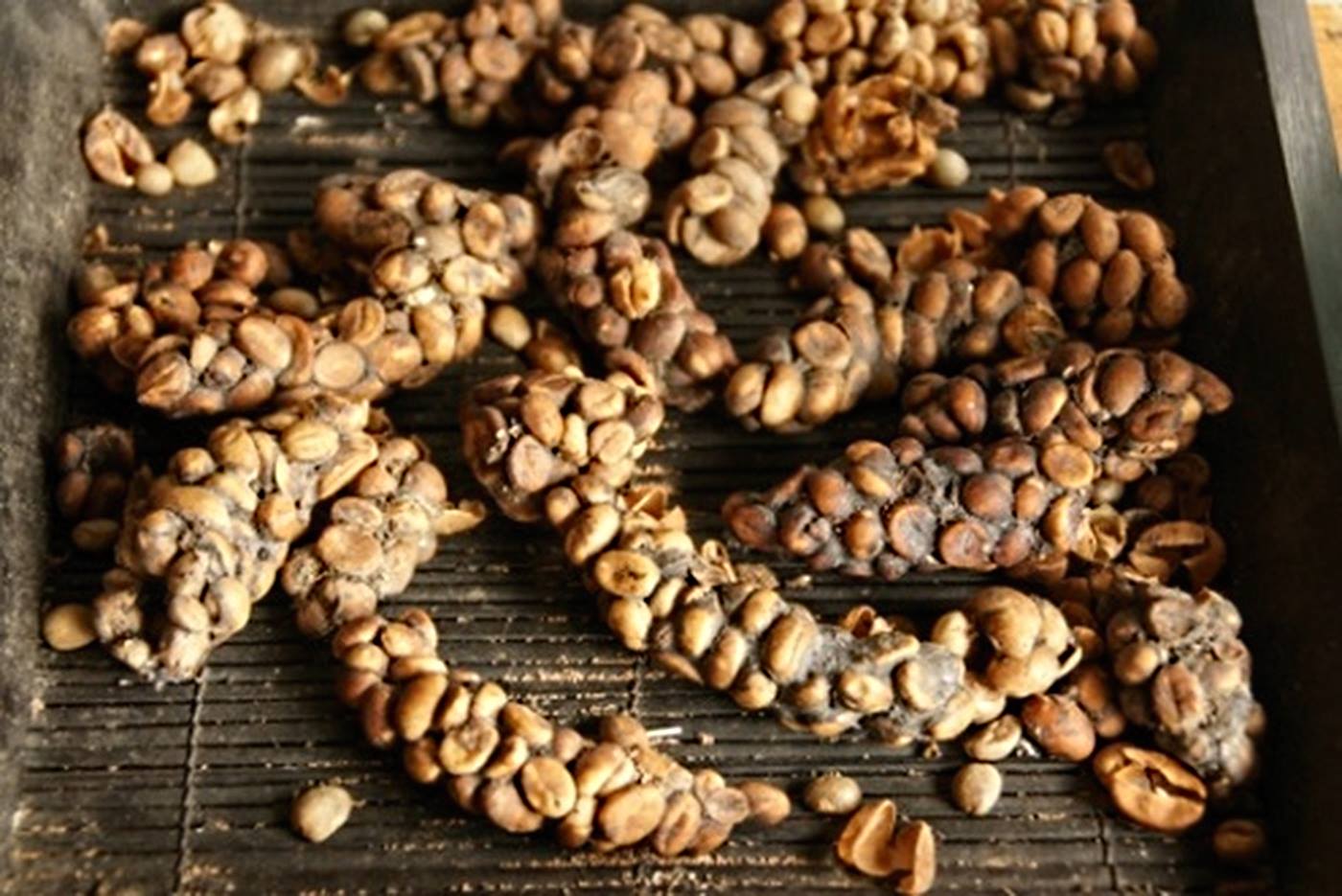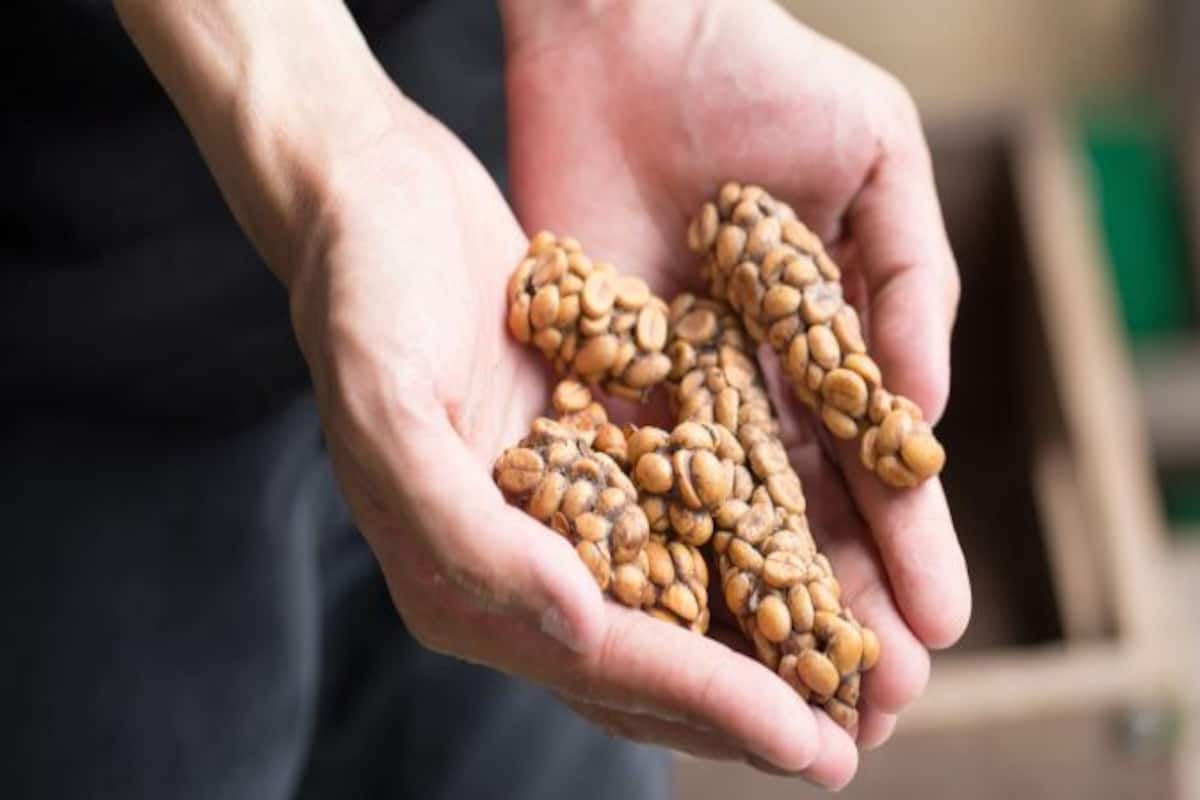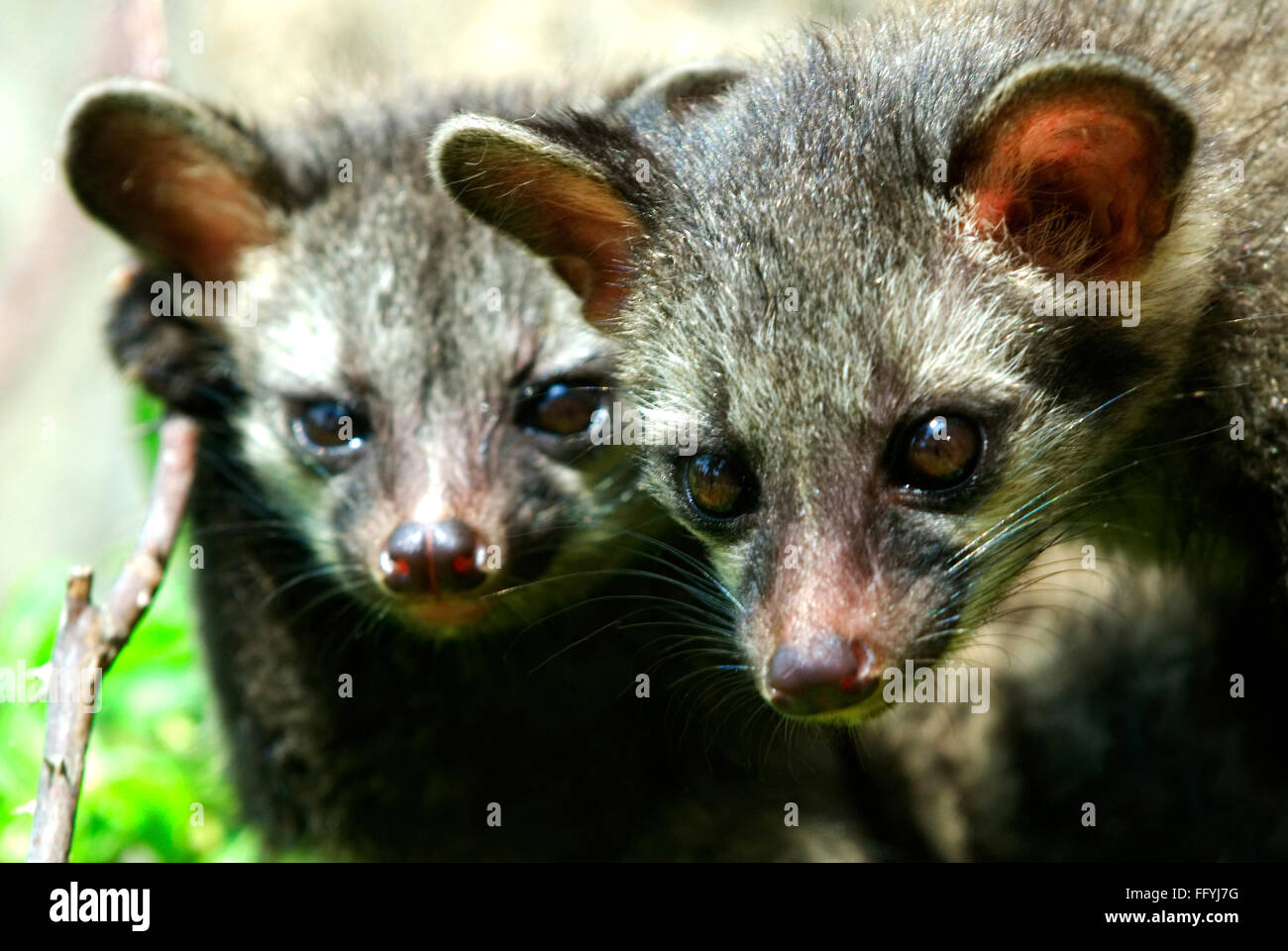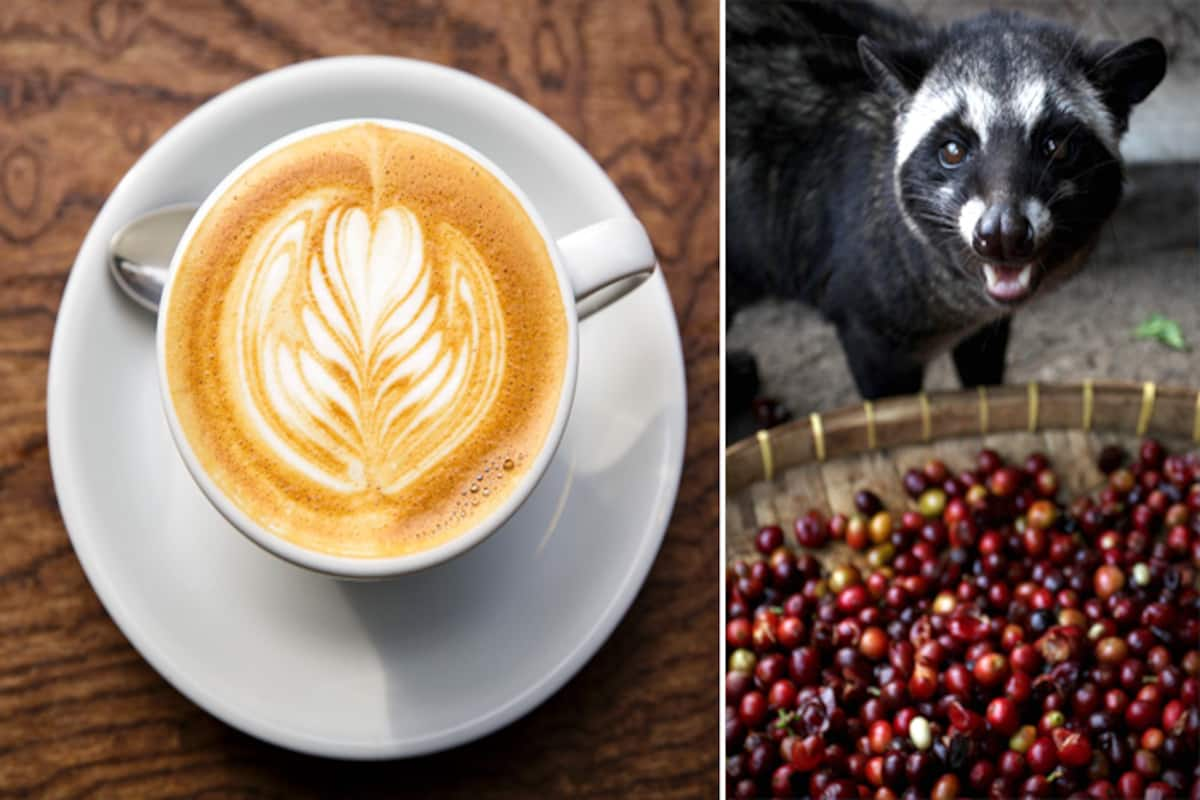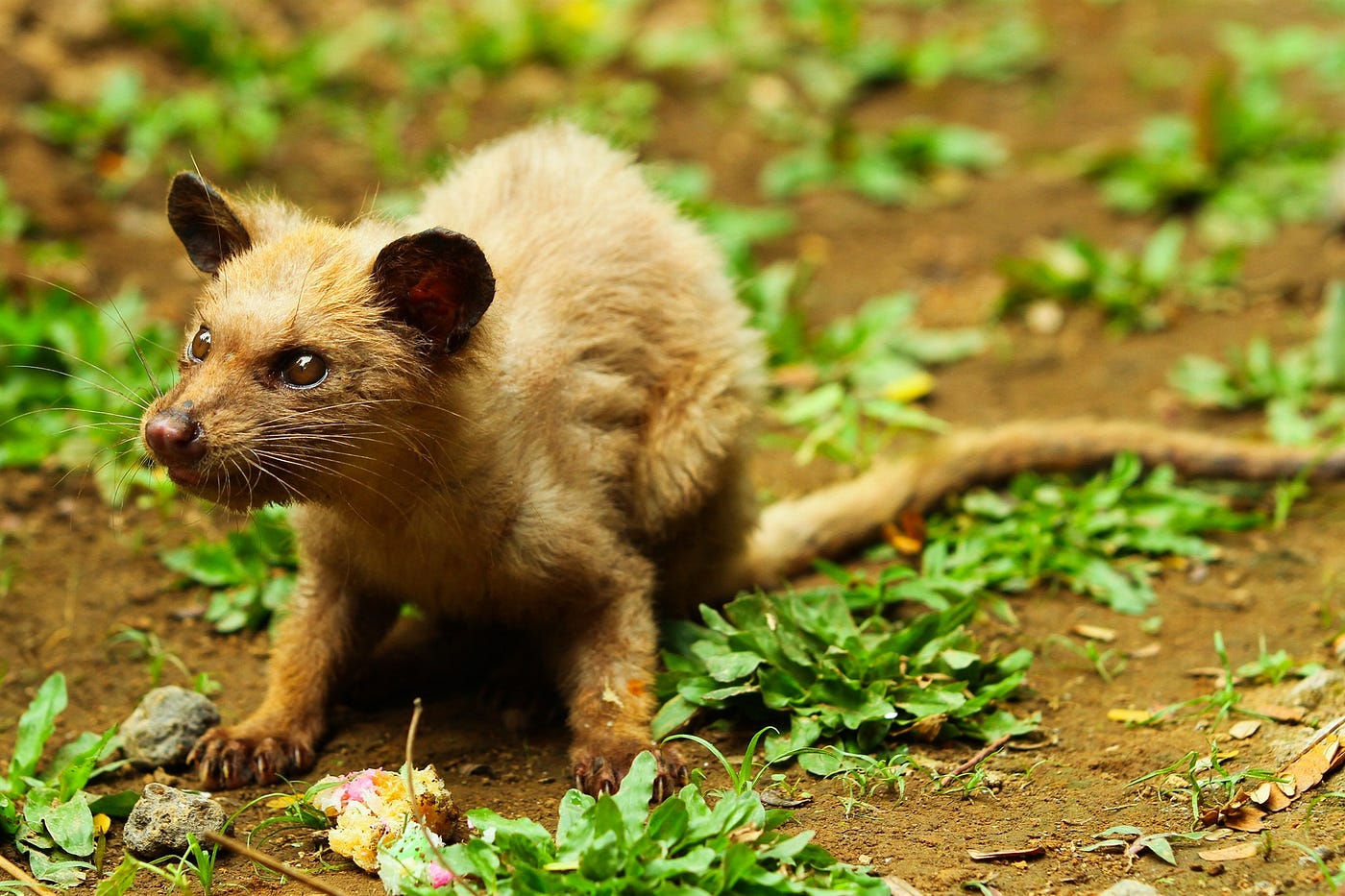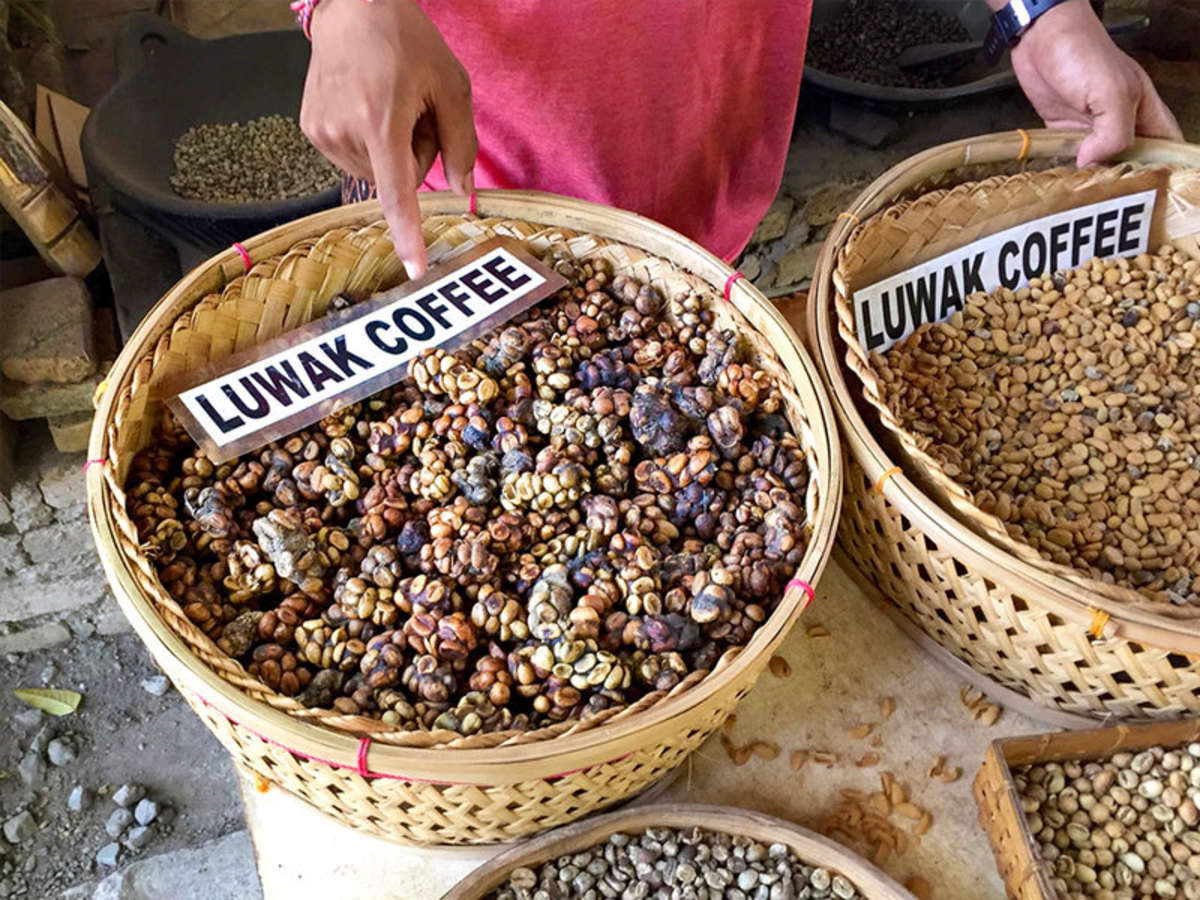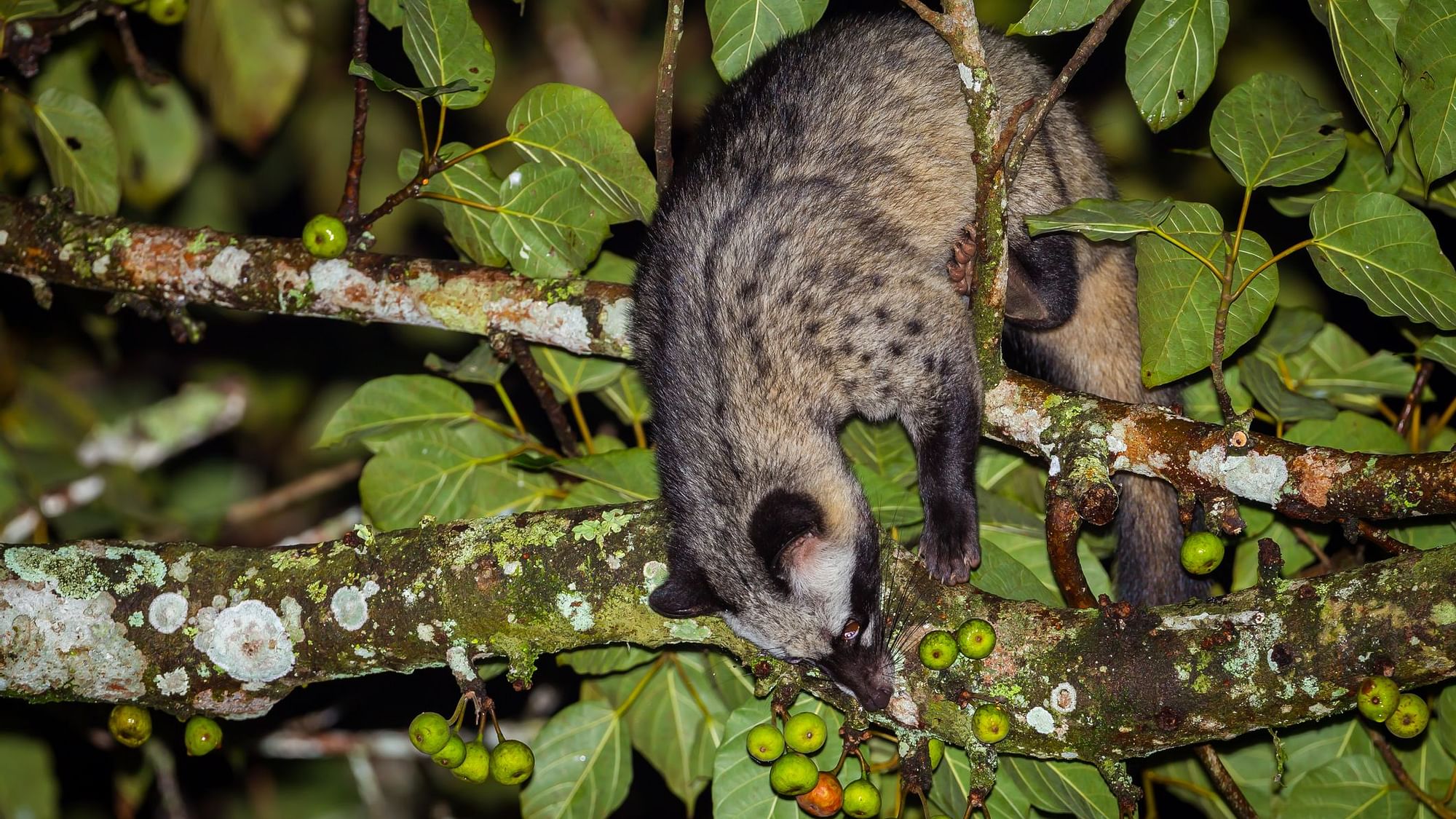Civet Cat Coffee India

While the overseas market prices are Rs20000-25000-.
Civet cat coffee india. The authenticity of kopi luwak. The Asian Palm Civet naturally selects the ripest and therefore sweetest coffee cherries to enjoy the delicious fruit flesh. When a civet cat ingests coffee berries its digestive process takes the pulp and cherry but rejects the bean itself but before releasing it as waste causes stomach protease enzymes to interact with and anal scent glands to stamp on it resulting in chemically-altered coffee beans you can actually spot the coffee beans in their dung.
The Civet coffee also called as Luwark coffee is expensive because of uncommon method of producing such a coffee. The 150 year old Balmaadi Estate in the Nilgiris District of Tamil Nadu India is certified organic eco-friendly and socially responsible by the Institute for Marketecology IMO. It is produced from the coffee beans digested by the civet cat.
In india this exotic coffee is available in club mahindra madikeri resort coorg in karnataka. It is interesting to know that India is the seventh-largest producer of coffee in the world. Civet stools studded with coffee beans.
The plantations stretch for miles in Karnataka Kerala and Tamil Nadu. This elite coffee is in great demand in the Gulf countries and ranges from 20-25000 per kg in the international market. The worlds most expensive coffee made from poop of civet cat is made in India.
Business News National New Delhi September 14- India Asias third-largest producer and exporter of coffee has started producing the worlds most expensive coffee made from the poop of civet cat on a small scale in Coorg district of Karnataka. Civet cat dung secret to Indonesia luxury coffee Indonesias self-proclaimed King of Luwak Gunawan Supriadi is having a hard time keeping up with demand for the beans excreted by his stable. Wayanad Hills Wild Luwak Coffee Beans Arabica Civet Coffee Worlds Most Expensive Coffee- Roasted Whole Beans - 50 Grams 25 out of 5 stars 2 1 offer from 349900.
Civet cat coffee was first produced in the forests of Indonesia where in the early 18th century natives learned that a certain species of luwak or civet cat was able to eat coffee and leave whole beans in its droppings. India Asias third-largest producer and exporter of coffee has.




